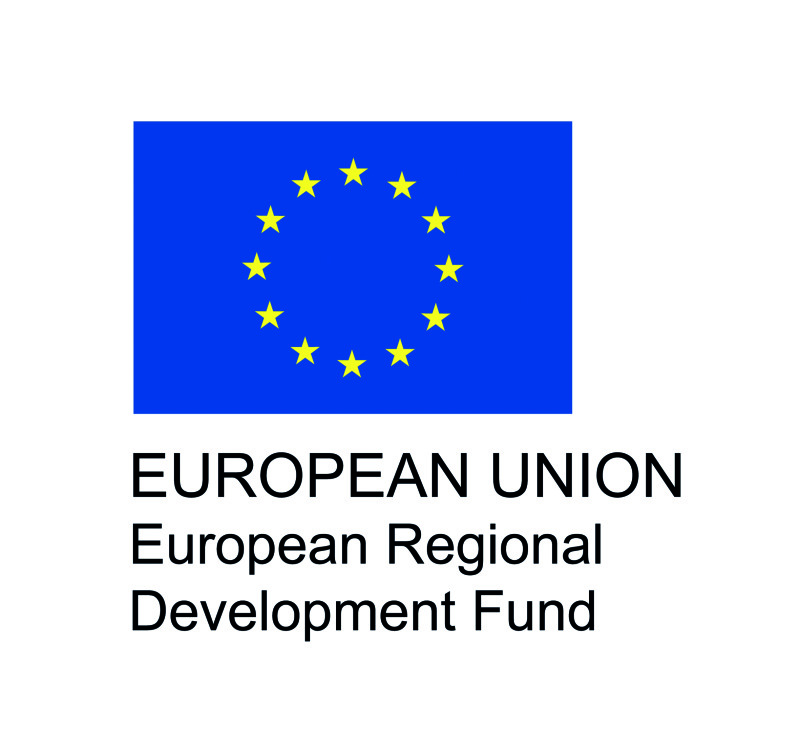08/11/2016
Print PageDKTK Berlin: Boost for cancer therapies with tumors grown in petri-dish
Scientists are constantly developing new drugs designed to specifically target the mutated cells. However, despite a very similar diagnosis and symptoms, patients’ reactions to the same therapies vary substantially. This is because the genetic makeup of individual tumors differs. The grant they are now to receive from the European Fund for Regional development (EFRE) enables the Charité to launch a cooperation project with three regional biotech companies. The project is called Precision Oncology and Personalized Therapy Prediction, or POP for short. Its goal is to further develop test systems for medication screening, which reflect the varied tumor characteristics of individual patients.
Patient-specific cell cultures and mouse models enabling scientists to assess and evaluate the effectiveness of a drug in advance are considered the new hope in personalized drug therapy. Three-dimensional cell cultures enable scientists to simulate the tissue structure and the cell metabolism in tumor cell groups, in order to test dosage and the effectiveness of drug candidates as realistically as possible.
“The first step is to screen protein pools and genetic profiles of our patients’ tumors for a pattern of tumor-specific mutations” explains Prof Ulrich Keilholz, director of the Charité Comprehensive Cancer Center (CCCC) and head of the project. “As a clinical partner of the DKTK, we have access to databases of extensively characterized tumor profiles, and state of the art high-throughput analytical techniques helping us to define new targets for future medicines.” The scientists then cultivate tumor material in 3D cell cultures in order to test which drug combinations are the most likely to be successful in which molecular profile. The results are part of a comprehensive diagnosis, from which an interdisciplinary team of experts will in the molecular tumor conference derive a therapy recommendation. “This also enables physicians to select specific patients for clinical studies on new drugs, because they are the most likely to benefit from the respective treatments” explains Keilholz. “The decision in favor of the cooperation project is an important step in pooling the clinical expertise as well as the expertise of the Charité and industry in the field of personalized precision medicine.”
Patient-specific 3D cell cultures and mouse lines are already used in basic research and in drug development. So far, individual test systems have only been available for selected patients and for specific cancers. In cooperation with the biotech companies, the pool of pre-clinical test systems will now be extended systematically to cover various cancer types. “The EFRE funding represents a decisive impulse for the biotech landscape and the health industry in the region” Professor Axel Radlach Pries, Dean of the Carité points out.
Photo legend: Colon cancer cells growing into a 3-dimensional organoid cell culture in a culture dish. (© Joseph Regan)
